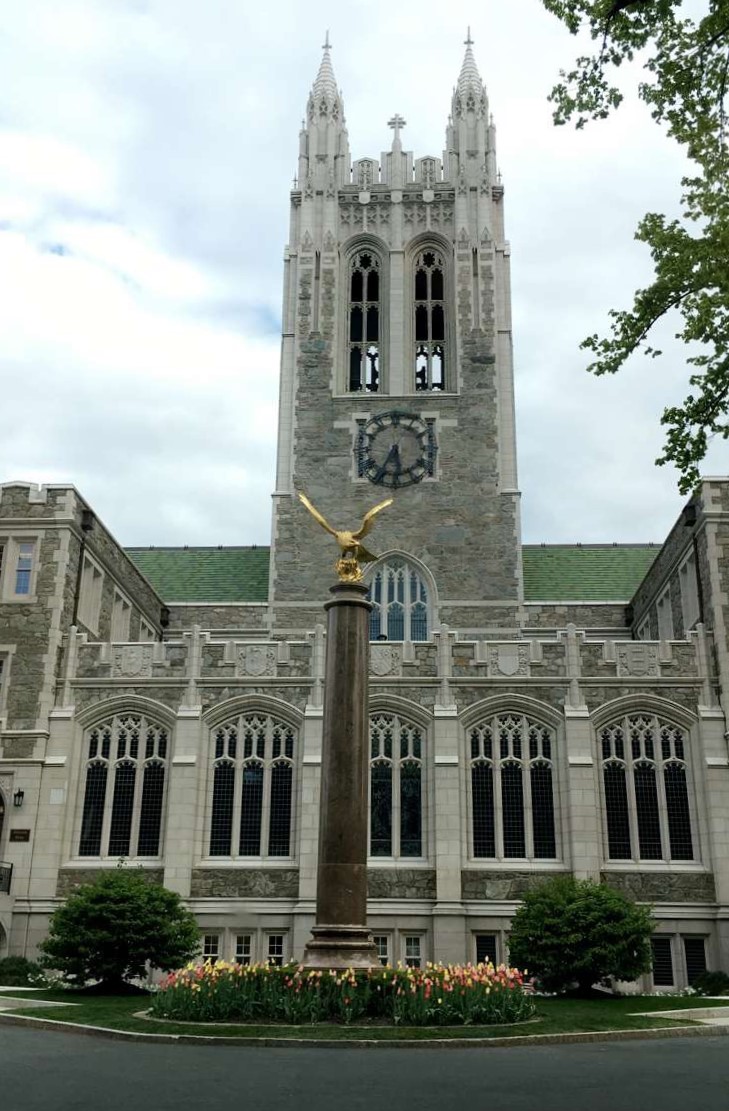New Title IX Regulations: Everything You Need to Know
 Today the U.S. Department of Education released its long-awaited regulations implementing Title IX. The regulations require a complete overhaul of how schools currently handle allegations of sexual harassment and sexual assault, and dramatically limit schools’ responsibilities to address those claims.
Today the U.S. Department of Education released its long-awaited regulations implementing Title IX. The regulations require a complete overhaul of how schools currently handle allegations of sexual harassment and sexual assault, and dramatically limit schools’ responsibilities to address those claims.
By way of background, in 2011 the Obama administration issued a Dear Colleague Letter that provided guidance to schools (K-12 and post-secondary) on how to address sexual harassment. That letter was not binding law, but because the Department of Education could withhold federal funding from any school that did not comply with it, schools revamped their processes for addressing complaints of sexual harassment and sexual assault to meet the standards set out in the letter. After Donald Trump took office, the Department of Education rescinded that guidance, and in 2018 issued proposed regulations that were published for public comment. Today, the final version of those regulations, and commentary addressing the public comments, was released.
What follows is a brief overview of some of the major provisions of the new regulations, which take effect August 14, 2020.
 Boston Lawyer Blog
Boston Lawyer Blog














